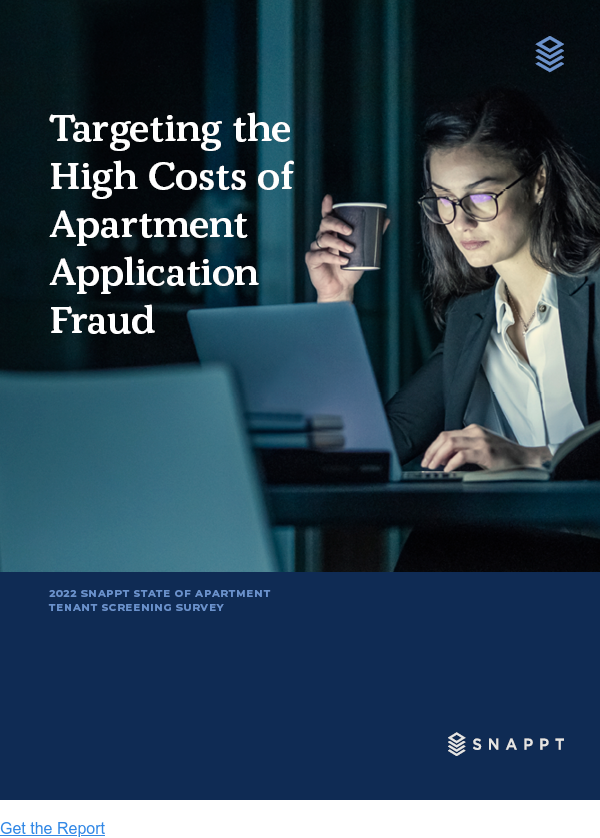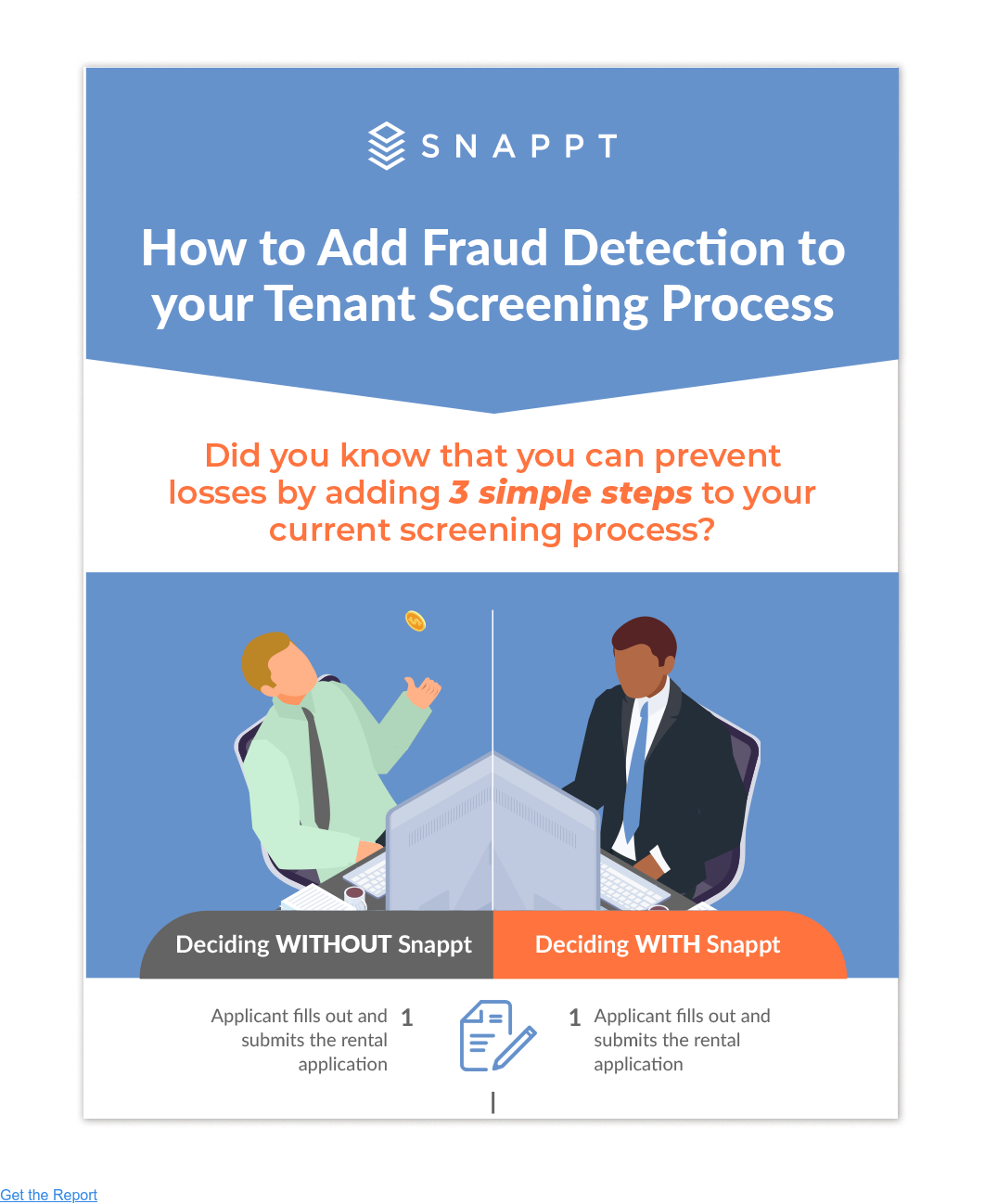2020 was rife with unpredictability and financial challenges brought on by the COVID-19 pandemic. The far-reaching impacts have significantly affected the residential rental market and continue to create market uncertainty heading into 2021.
Fraud volume continues to grow YOY, affecting many industries*:
- eCommerce fraud rates increased by 83.1%
- Retail fraud rates increased by 61.5%
- Financial services fraud rates increased by 58.1%
- Lending fraud rates increased by 40.5%
- and Residential rentals saw an average fraud rate of 14% in 2020*
What are the key trends driving the increase in fraud?
A few key trends across the consumer, marketplace, and economic ecosystems drive the increases in fraud. These fraud trends are not exclusive to each other but are intertwined and bring a complex challenge to the financial, retail, and rental industries.
Trend #1 Online applications mean more fraud
It’s easier than ever to hide behind a screen and commit fraud. The prevalence of high-quality home office equipment like scanners and image editing software tempt even non-criminally inclined individuals to stretch information on applications adding to the already increasing numbers of professional fraudsters in the game.
This type of fraud is known as first-party fraud. The individual uses their own identity but changes information such as their income, employment history, or debts to qualify for rentals for which they otherwise would not.
Trend #2 Fraudsters have increased accessibility to consumer data
Over 4,500 data breaches have been made public since 2005, with more than 816 million individual records breached.* How does this impact the residential market? It means you need to be on the lookout for synthetic fraud.
Synthetic fraud is a common problem in the financial market and now impacting the rental industry. Synthetic fraud—in which all information about the applicant is fabricated, combining real and fake information to create a new identity—is the fastest-growing, accounting for an estimated 85 percent of all identity fraud in the country. *
Trend #3 Fraudsters prey on the continued market and economic uncertainty
In addition to professional fraudsters who are always at play, economic hardships can induce others to engage in fraudulent activities. In the face of unprecedented unemployment, the expiration of the CARES Act, and the fact that 51% of Americans are financially impacted by COVID-19*, multifamily executives are increasingly concerned about potential residents’ attempts to bypass rental obligations.
How can Multifamily Family Executives mitigate their risk from fraud?
The Status quo has changed, and fraud is no longer only a financial services concern. It is now heavily impacting the residential rental market. Understanding the recent shifts in rental applicant behavior is the first step. The next step is to employ fraud detection in your screening process. Once a time-consuming and highly manual process, technology like Spirited makes it a breeze. The applicant uploads their financial documents, and Spirited’s fraud detection engine flags any suspect information. Within 24 hours you can be confident that the information submitted is correct and that you are not opening up your portfolio to the negative impacts of fraud.
How can Spirited impact your overall portfolio performance throughout 2021? Try the calculator to find out.











